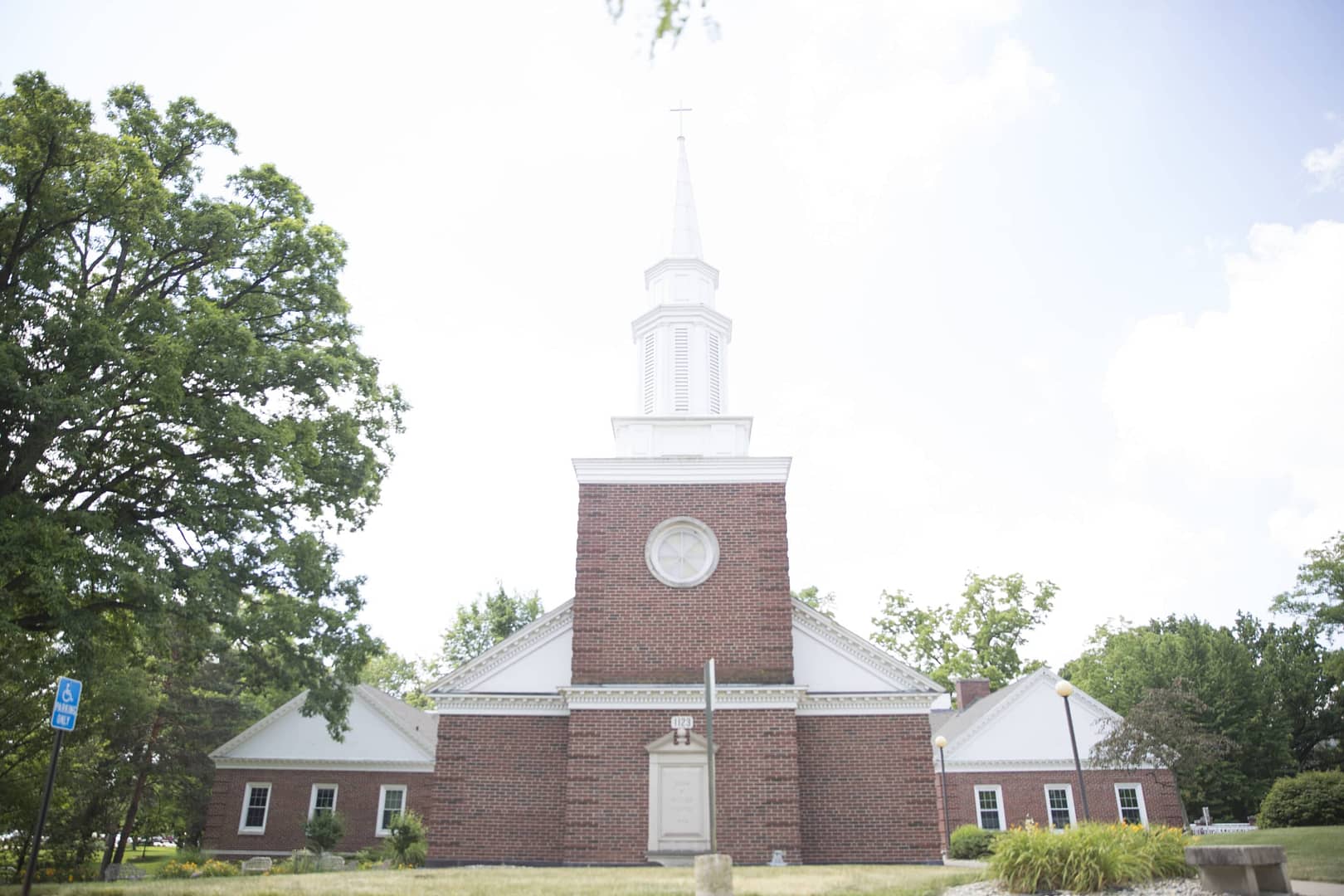
Exploring Apocalyptic Literature
BY GARY AGEE
3 MIN. READ
Many pastors and teachers have wrestled over puzzling sections of the Bible, passages hard to interpret and even more challenging to present to their congregation. One example of a category of biblical writings is properly termed “apocalyptic literature.” The book of Daniel from the Hebrew canon and the Revelation from the New Testament are two examples that come immediately to mind.
These two better-known biblical books are actually part of a larger genre of writings produced by both Jewish and Christians communities from the second century B.C. through the third century A.D.. In these writings, one is introduced to spectacular events, glimpses of the future, and of the happenings outside of earthly time. Some of these same texts are populated with dragons and other creatures seemingly right out of a blockbuster horror movie. Though the two books previously mentioned are part of the biblical canon, there are examples of this genre of writing that though widely read, did not become part of the biblical canon.
Because a number of these apocalyptic writings can be found in the Christian Bible, however, great care should be given to reading them well. Yet anyone who knows a little history of the Christian church knows that they have been read in ways that have missed the mark. For example, far too many well-meaning interpreters through history have done violence to these symbolic texts by importing their own experiences and geopolitical events into them, thus distorting their respective prophetic message. Interpreters have been guilty of creating their own nemesis and substituting them in for the villains that inhabit the pages of these books. Such interpretive missteps distort the message of the Bible and may make it more difficult to hear how these same sections of scripture might speak life to us today.
According to the Rev. Gilbert Lozano, Ph.D., professor of biblical studies and Hebrew for Anderson University’s School of Theology and Christian Ministry, these puzzling passages are best read alongside other examples of apocalyptic literature. In doing so, these texts come alive in ways that might otherwise remain a mystery. By seeing how these texts are similar and also at times different, it is possible to more accurately understand what the authors were trying to communicate in each respective offering.
Beginning May 16, 2022, Dr. Lozano will be offering an online summer course. This course offering provides an excellent opportunity to begin one of our master’s programs or our relatively new theological certificate program. More information can be found online or by contacting Gary Agee, Ph.D.
Anderson University educates students for lives of faith and service, offering more than 50 undergraduate majors, 30 three-year degrees, 20 NCAA Division III intercollegiate sports, alongside adult and graduate programs. The private, liberal arts institution is fully accredited and recognized for excellence in business, computer science, cybersecurity, engineering, music, nursing, psychology, and teacher education programs. Established in 1917 in Anderson, Indiana, by the Church of God, the university remains committed to its Christ-centered mission.